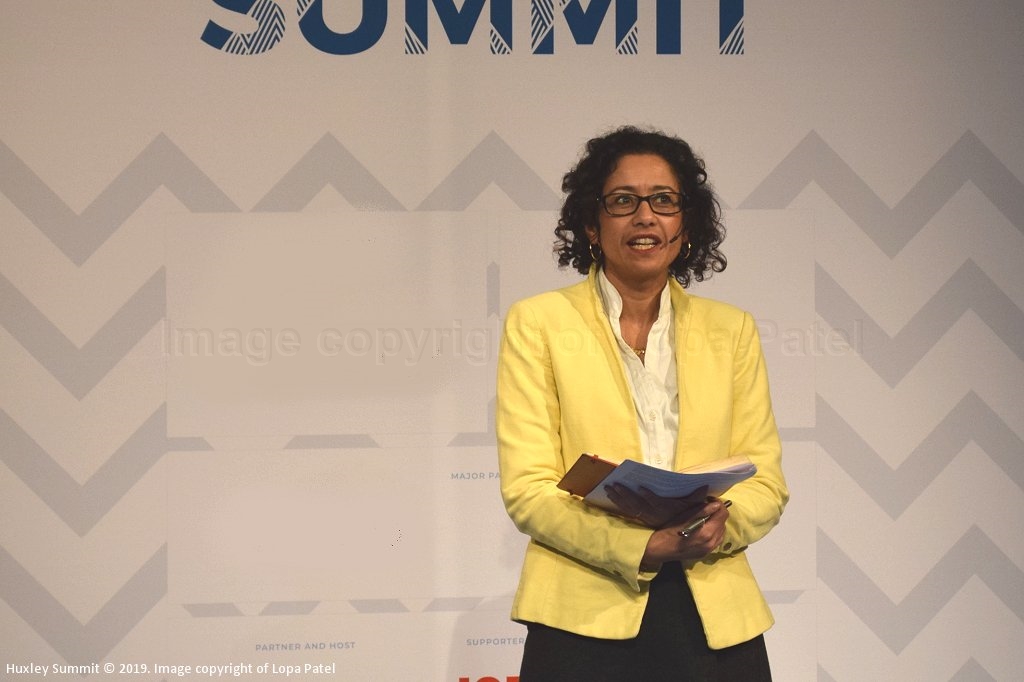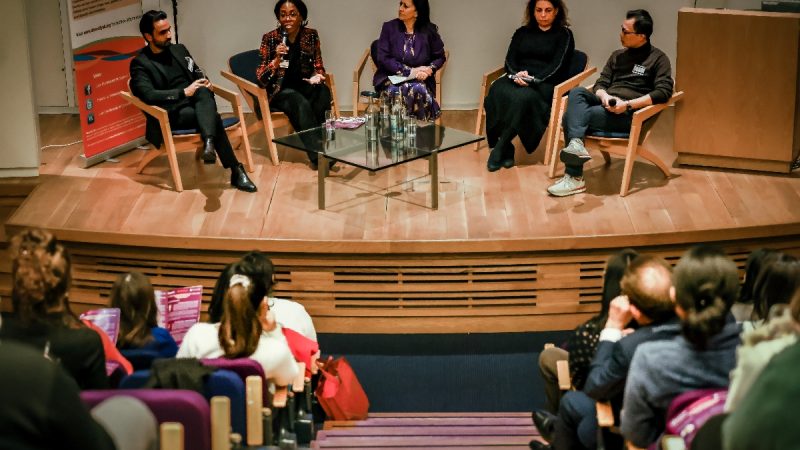Samira Ahmed wins BBC equal pay case

BBC presenter Samira Ahmed has won her employment tribunal on equal pay against the BBC, in a case backed by the National Union of Journalists (NUJ), it was announced today (10th January 2020). The case, which was heard at the Central London Employment Tribunal in December 2019, focused on Samira’s contracts on the BBC programme Newswatch, which she has presented since 2012. Her equal pay comparator was Jeremy Vine in relation to his work on Points of View between 2008 and July 2018. By way of contrast, Samira Ahmed was paid £440 per programme from 2012. Although this was increased in 2015 to £465 per programme, it was then reduced again when the BBC moved presenters onto employment contracts.
Both programmes were presenter-led programmes just under 15 minutes long, which considered audience feedback on BBC programmes and offered the public the opportunity to air their opinions on BBC content. Yet the BBC’s legal team argued that Samira Ahmed and Jeremy Vine were not doing the same or similar work when presenting the two programmes.
Samira Ahmed, NUJ member, said: "No woman wants to have to take action against their own employer. I love working for the BBC. I'm glad it's been resolved. I'd like to thank my union the NUJ, especially Michelle Stanistreet the general secretary, my legal team Caroline Underhill of Thompsons Solicitors and my barrister Claire Darwin and everyone - all the women and men who've supported me and the issue of equal pay. I'm now looking forward to continuing to do my job, to report on stories and not being one."
Michelle Stanistreet, NUJ general secretary, welcomed the finding as a resounding victory for Samira and everyone seeking equal pay at work. "It was an incredibly brave decision on Samira’s part to take forward this case. No-one wants to battle their employer in a public tribunal hearing, but the BBC’s failure to meaningfully negotiate made legal proceedings inevitable.
"For the BBC this became a battle over the differences as they saw it between their internal divisional silos of News and Entertainment. For the NUJ, this was simply a case of two roles that were commensurate, on two programmes that were supremely comparable, carried out by two high profile experienced presenters.
"Since the tribunal ended, the NUJ has pressed the BBC to resolve all of our outstanding cases, resulting in numerous positive outcomes, but there is still work to be done. I’d call on the BBC to learn the lessons from this judgment, and to work constructively with the NUJ to sort these cases out. The joint unions have done a lot of work with the BBC on improving pay structures, but there is much more to be done to ensure that genuine equality and transparency on pay becomes the reality for all employees at the BBC.”
Progress to close the gender pay gap is dismally slow
Fawcett Society Chief Executive Sam Smethers, said: “We are absolutely delighted for Samira who has rightly won her claim for equal pay. This is a damning judgement for the BBC. All employers need to take note and the BBC must learn the lessons from this case and settle the remaining cases as soon as possible. It also sends a clear message to every woman out there who has the courage to challenge discrimination. If you fight, you can win. If you think this is happening to you, call Fawcett’s Equal Pay Advice Service.”
“Fifty years on from the Equal Pay Act, women are still being routinely undervalued and being paid unequally. Most women either don’t know what their colleagues earn or know the men are being paid more for doing the same job. We urgently need to change the law to give women the Right To Know if they are being paid unfairly.
"This outcome should also be a wake-up call for all employers. Stamping out the scourge of unequal pay at work should be a priority for all organisations."
The latest data shows that progress to close the gender pay gap is dismally slow and at this rate it will take 60 years to eradicate it. As we approach the 50th anniversary of the Equal Pay Act women have waited long enough.




